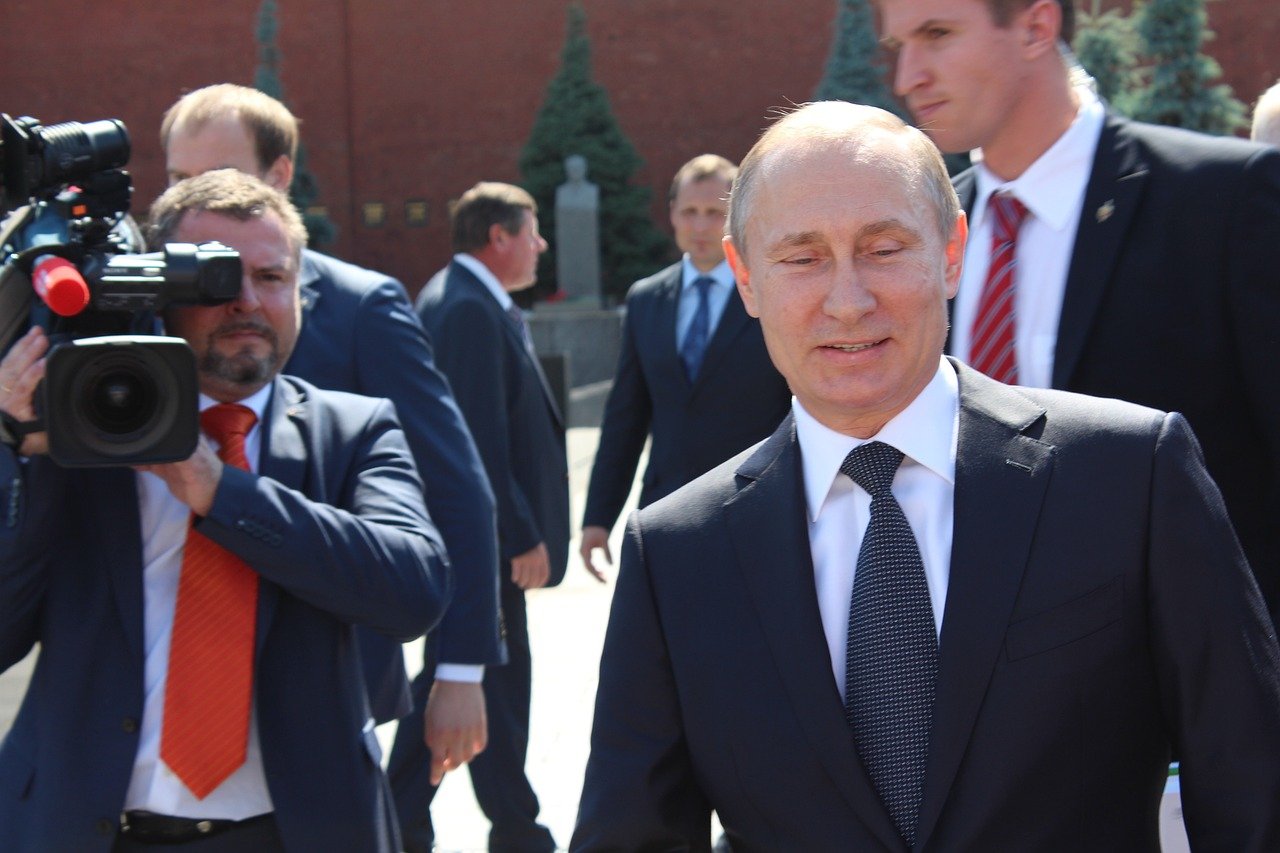- Trump’s push for a Russia-Ukraine deal has sparked European security concerns.
- Trump’s pro-Russia stance and negotiation tactics have raised doubts about his impartiality.
- The White House’s alignment with Kremlin’s stance on Ukraine’s NATO membership and borders has caused further apprehension.
- The recent developments have left Europe in uncertainty, raising concerns about future stability.
In a series of events that have left Europe on edge, former US President Donald Trump has initiated a push to strike a deal between Russia and Ukraine. This move has sparked fears of a weakened European security. The sudden and uncoordinated phone call between Trump and Russian President Vladimir Putin, followed by the immediate announcement of negotiations, has left European allies scrambling to regain their footing in this rapidly evolving diplomatic process.
The EU’s High Representative, Kaja Kallas, expressed concerns about the potential for an agreement made without European involvement. If there is an agreement made behind our backs, it will simply not work. You need the Europeans to implement this deal, Kallas stated. Her warning encapsulates the growing apprehension across Europe, which fears its long-term security now hinges on the decisions of one man.
Trump’s admiration for Putin is well-known, with the former US president once describing the Russian leader as a genius. However, his recent rhetoric, which mirrors the Kremlin’s talking points, has raised serious doubts about his ability to be an impartial moderator in the negotiations.
Trump’s Negotiation Tactics and European Fears
Trump’s blame of the war on Ukraine rather than Russia has sparked international outrage and cast a shadow over his negotiation efforts. The balance of power in these negotiations is a significant concern. Russia, with its larger army, economy, and territory, holds a stronger negotiating hand than Ukraine, which faces a colossal reconstruction effort. If Trump sides with Russia from the outset, the balance will tilt irreversibly against Ukraine, potentially allowing Putin to secure most, if not all, of the Ukrainian territory currently occupied by Russian forces.
The White House has already stated that Ukraine’s desired return to pre-2014 borders and NATO membership are unrealistic goals, aligning with the Kremlin’s stance. This position has raised fears among Europeans that Trump, seeking the PR win of a peace broker, will force Ukraine to accept a rushed ceasefire and a highly disadvantageous agreement.
The prospect of Europe being asked to safeguard a fragile, possibly untenable settlement between Ukraine and Russia while the US gradually withdraws its soldiers from European soil appears to be a recipe for disaster that leaders are anxious to prevent.
US Shifts Focus, Europe Left in Uncertainty
German Chancellor Olaf Scholz emphasized the importance of unity between Europe and the US, stating, There must be no division of security and responsibilities between Europe and the US, which means that NATO is based on the fact that we always act together and are at risk together and guarantee our security through this.
The Trump administration’s approach to Ukraine has been met with criticism and concern. Tensions between the US and Ukraine continue to grow, with the White House claiming that Trump is very frustrated with Ukrainian President Volodymyr Zelenskyy. Trump has echoed Kremlin propaganda in falsely claiming that the democratically elected Ukrainian president is a dictator, after Zelenskyy warned that Trump was being swayed by disinformation over his claim that Ukraine was to blame for Russia’s invasion.
In a transactional diplomacy move reminiscent of his past as a real estate mogul, Trump has proposed an agreement giving America access to Ukraine’s rare earth minerals. The proposed deal, which includes a 50% share of revenues from extraction and a right of first refusal on exports to other countries, has been described as colonisation and has been rejected by Ukraine for failing to protect its interests and provide security guarantees against Russia.

